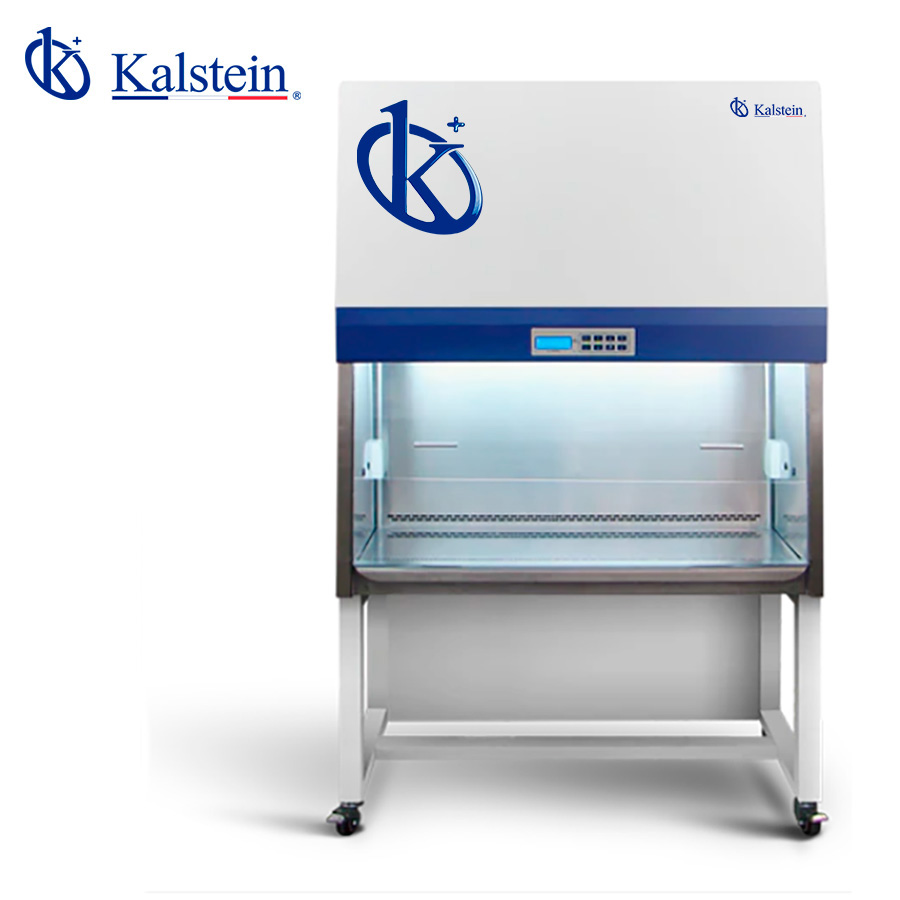In the realm of microbiology laboratories and other health-related areas, achieving high safety standards is essential to protect both operators and the biological samples being handled. Biosafety hoods and cabinets are essential equipment that ensure a controlled environment, minimizing the risk of contamination and exposure to pathogens.
This scientific article will focus on the importance of these devices and how to choose the right equipment, highlighting the manufacturer Kalstein as a reference in the industry. We will also discuss how pricing and the processes of buying and selling affect the accessibility and availability of these critical tools. https://kalstein.pl/category-product/laboratory-line/laminar-flow-hood-clean-bench-and-biosecurity-cabins/
The Imperative Need for Biosafety Hoods and Cabinets
The rapid advancement in biomedical research and modern microbiology demands unprecedented safety levels. Biosafety hoods and cabinets have become crucial components in the infrastructure of any laboratory handling biological material.
These structures protect not only laboratory personnel but also the environment and samples from external contaminants. Usually classified into three biosafety levels (I, II, and III), these cabinets are designed to handle a wide range of pathogenic agents, from non-lethal to highly dangerous. The decision to acquire a hood or cabinet is based on a careful assessment of the specific needs of the laboratory and the type of biological material to be handled.
Class I Biosafety Hoods
Class I biosafety hoods provide protection to the operator and the environment, but not to the sample. They are recommended for handling agents that do not require a sterile environment.
This type of hood can be a cost-effective option for laboratories with tight budgets that still need a basic level of protection. According to the manufacturer Kalstein, they offer models that are accessible in terms of price and robust construction, perfect for teaching and routine laboratory practices.
Class II Biosafety Cabinets
These cabinets are more advanced and generally more costly than Class I, offering protection to the operator, environment, and samples. Class II cabinets are the most common choice in clinical and research laboratories.
The airflow technology used in these cabinets allows a high level of safety, optimizing operational efficiency, and reducing the risk of cross-contamination. Kalstein, a well-known manufacturer of laboratory equipment, guarantees solutions that combine high technology and affordability for this category.
Class III Biosafety Cabinets
Designed to offer the highest level of safety, Class III cabinets are the last barrier between the operator and extremely dangerous pathogenic agents. They require material handling through integrated gloves and are used in laboratories with the highest biosafety level (BSL-4).
The purchase and maintenance cost of these cabinets is significant, but the investment is indispensable when working with potentially lethal agents. Kalstein meets these demands with a line of high-end cabinets, ensuring maximum safety and compliance with the strictest international standards.
Factors to Consider When Purchasing Biosafety Equipment
The first step before acquiring a biosafety hood or cabinet is to conduct a thorough assessment of the specific needs of the laboratory. Aspects such as the type of pathogenic agents handled, the workload, and sterility requirements must be carefully analyzed.
Kalstein offers consulting services that facilitate this process, ensuring that the choice is the most appropriate for the particular conditions of each laboratory, optimizing the investment and ensuring safe and efficient operations.
Warranties and Maintenance
A vital part of the post-sale process is the preventive and corrective maintenance of the equipment. Biosafety hoods and cabinets have components that need to be checked and replaced periodically to ensure their continued effectiveness. Kalstein offers maintenance plans that can include regular visits from specialized technicians to review and keep the sold equipment in optimal conditions.
Having clear and extensive warranties also forms part of good post-sale service. Kalstein offers warranties that cover a variety of eventualities, ensuring that any factory defect or technical problem is resolved without significantly affecting the laboratory’s budget.
Protection of Public Health
Ultimately, biosafety cabinets and hoods protect public health by reducing the likelihood of harmful pathogenic agents being released into the environment. Laboratories handling infectious materials play a crucial role in monitoring and controlling epidemiological outbreaks, and having adequate biosafety equipment is indispensable to fulfill this mission.
Kalstein has positioned itself as a leader in supplying these equipment, offering solutions that not only comply but often exceed current regulations, ensuring the safety of laboratory personnel and, by extension, the population. If you want to know about the high-end product catalog that Kalstein has for you, visit us at https://kalstein.pl/

